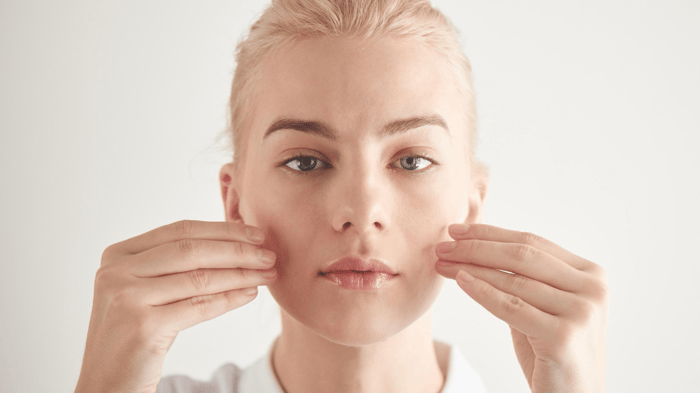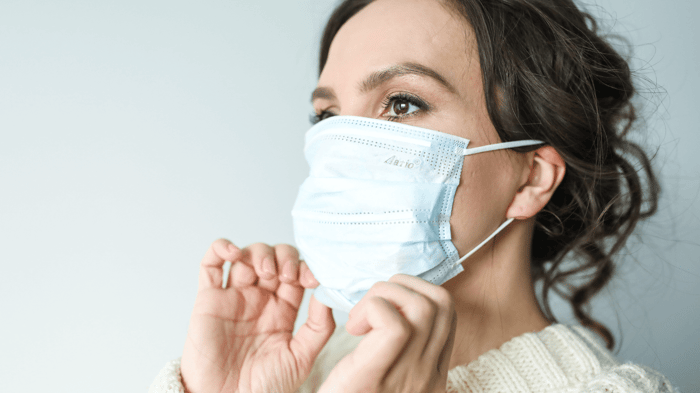
Whether we agree or not when it comes to masks, it looks like they are here to stay for a while. Aside from the irritation of constantly forgetting your mask in the car (I can't tell you how many times a day I do this) there is a far bigger potential problem: mask-induced acne, or “maskne.”
Acne is no longer reserved for teenagers. Nowadays, it seems like we are all suffering from acne in some shape or form.
Our skin is just not used to wearing a covering. As the heat and moisture builds inside our mask and the fabric rubs against our face it can cause acne mechanica.
Acne mechanica, known in this day and age as maskne, refers to acne-like bumps caused by excessive heat, pressure and rubbing against the skin. It can take many forms including pimples around the chin, clogged pores and general irritation.

What can we do about it?
It’s important that we continue to mask up until we’ve beaten this virus, but if maskne is a concern or reality for you there are several preventative steps you can take. The most significant step is keeping your mask clean. Wash cloth masks daily and change disposable masks frequently to help stop the buildup of sweat and bacteria.
Develop a daily cleansing routine in which you clean your face with a mild face wash morning, night and after any excessive sweating. Follow your cleanse with a moisturizing cream, which will help create a barrier between your skin and your mask. Note: Ensure your skin is totally dry before replacing your mask to avoid accelerating bacterial growth.
It might be a good idea to keep a pack of mild baby wipes in your purse for a quick wipe down and freshen up while out and about.
Try to take a breather from your mask as often as possible when you can social distance, such as open spaces or in your car. This will help your skin get some much-needed fresh air and reduce the effects of maskne.
If you are taking every precaution to avoid maskne and there is no improvement, consult a dermatologist. They will make a plan with you to help cure breakouts and avoid any lasting damage.
We all hope and pray that these masks will soon exit our everyday lives, but while they are here we need to make sure that we are doing the best we can for our skin.




